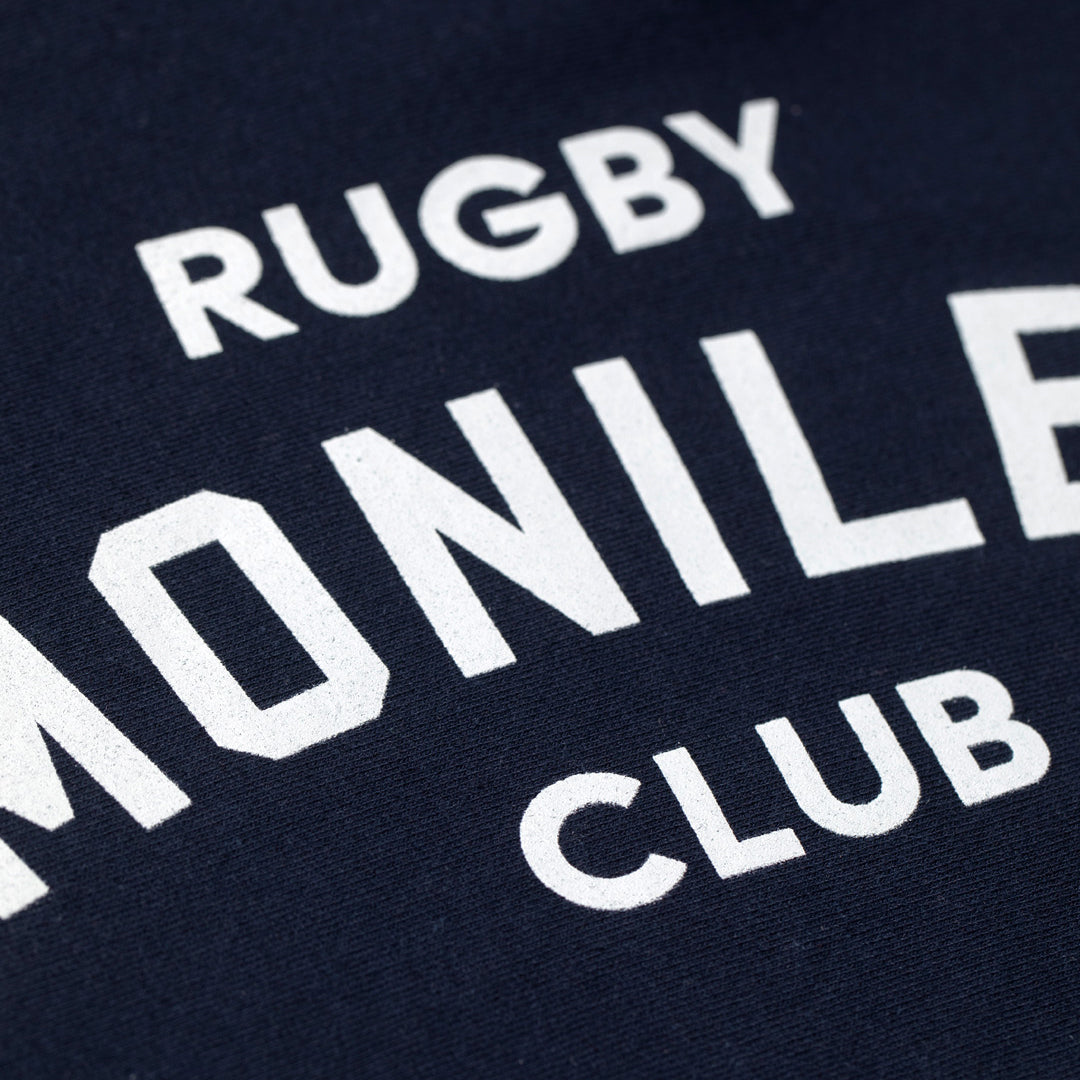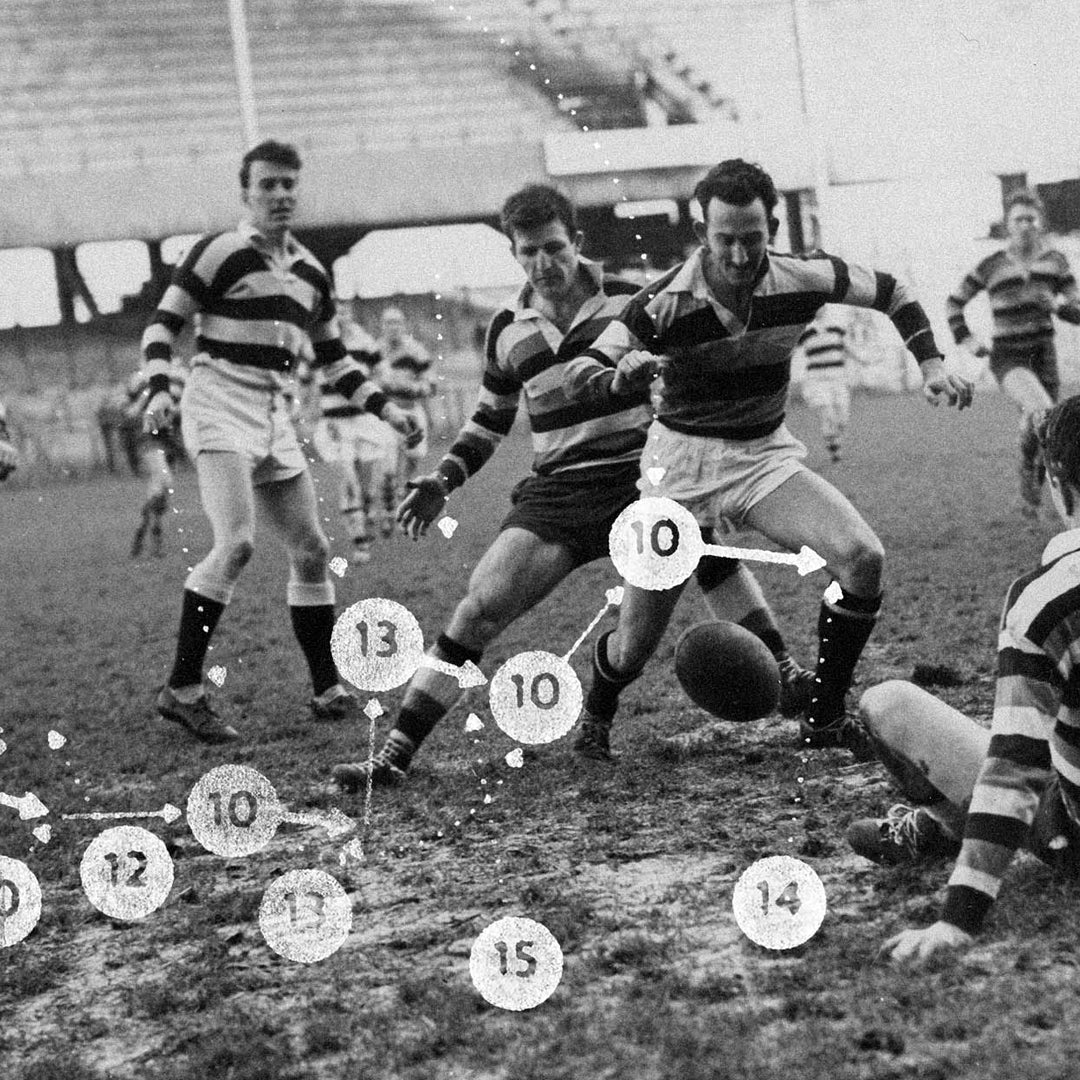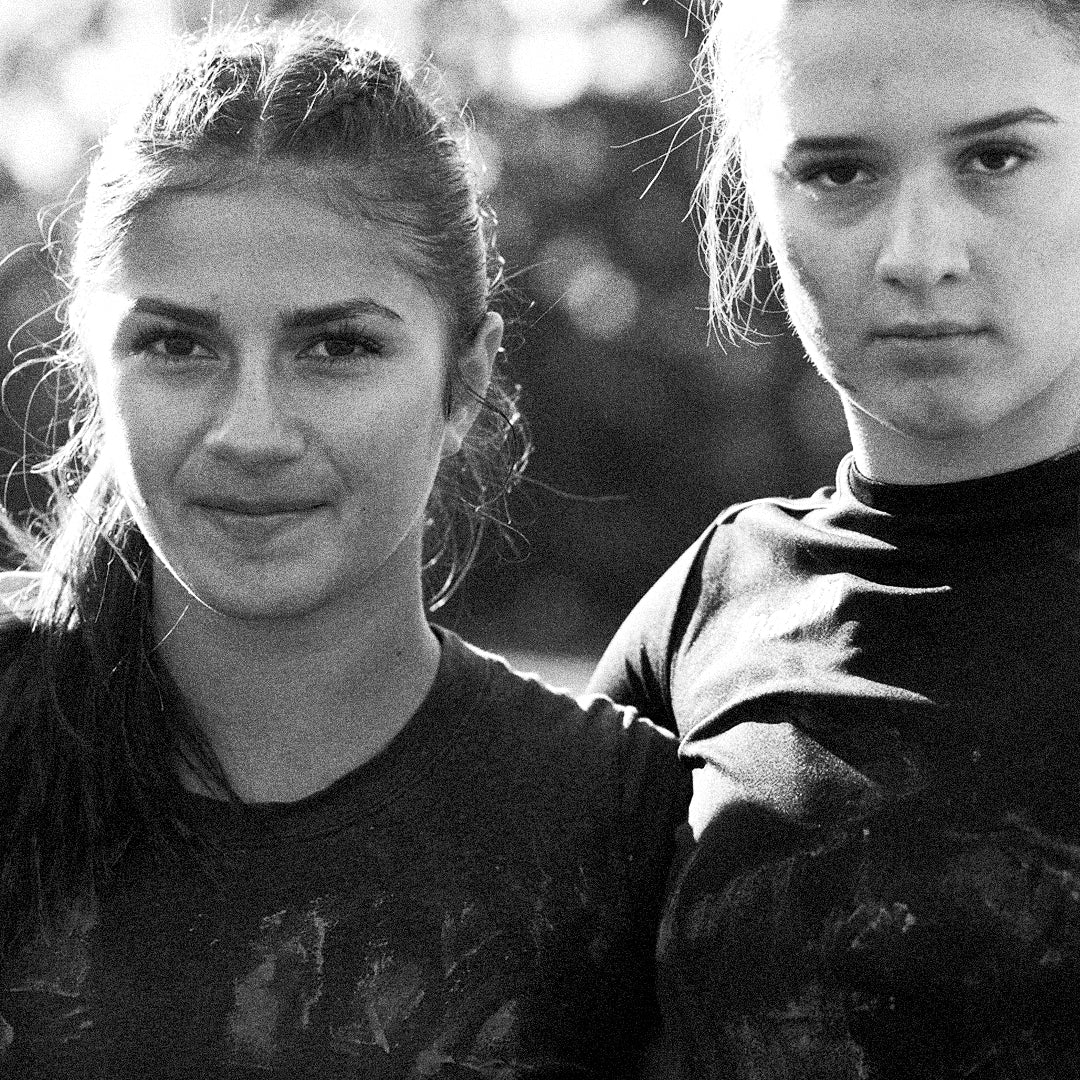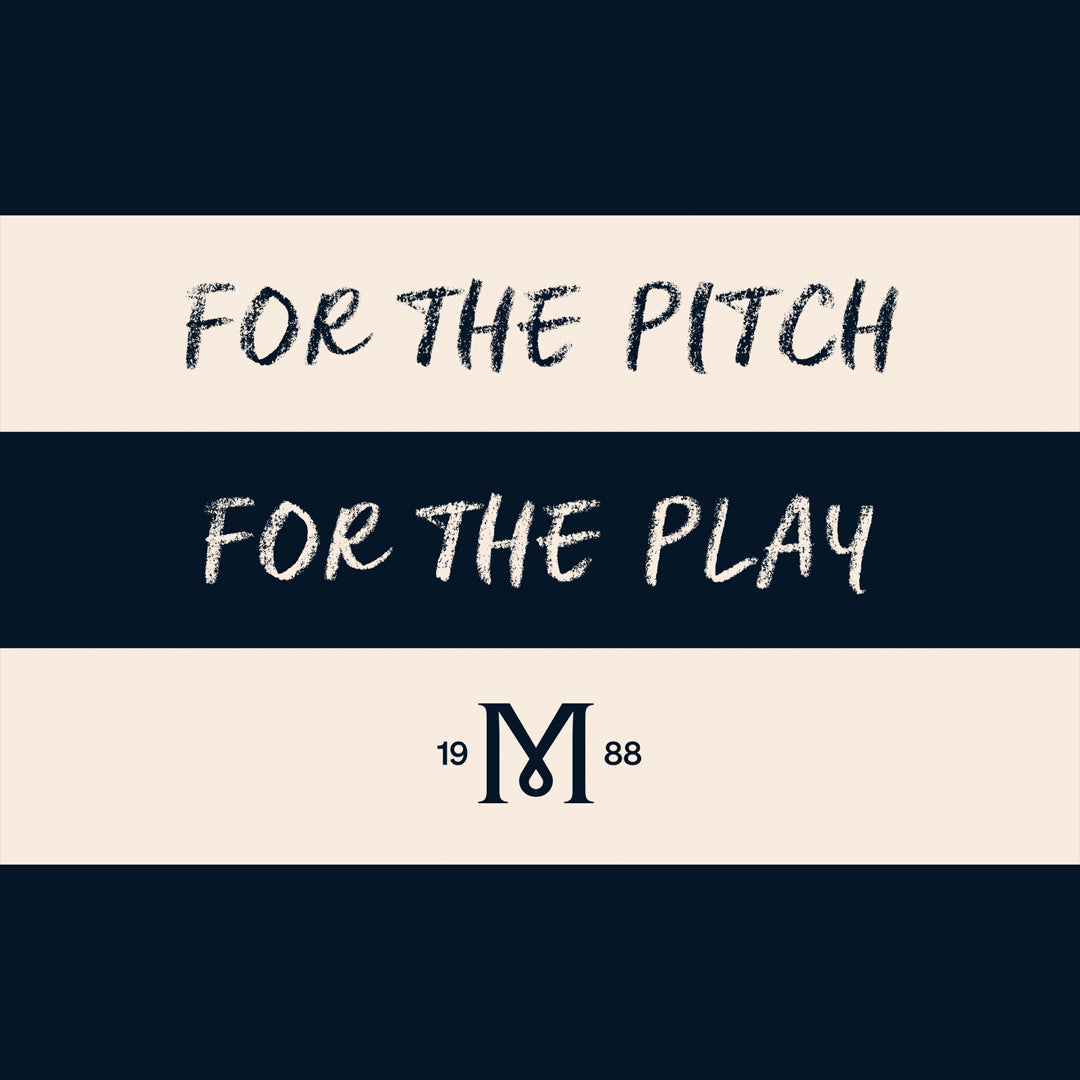Why Try Rugby? -Because its tough to be a teenage girl in 2024.
I am the mother of a middle school girl.
For my daughter and I, the foray into the land of middle school was a bit nerve-wracking. To be honest, I think I was more nervous than she was. From a junior school where I knew all the teachers, the principal, and many of the students, we moved to a whole new school with little-to-no-information and a whole new social dynamic — it felt a little scary.
For years prior, I watched in shock as ‘the teenagers’ from the middle school lurched by in full make-up, painted nails, and too-short crop tops. I couldn’t imagine my little girl ever growing up to be a full-on teen like them. But here we were.
The school year started okay. My daughter had made new friends and had a teacher she liked. But at the one month mark, everything went off the rails. The teacher we liked took a job at a different school; the temporary replacement teacher would’ve been better-suited training bears; my daughter didn’t make the badminton team, which led to an outburst and a visit to the principal’s office; and a real-life Mean Girl was causing my daughter major stress.
It’s tough being a teenage girl.
In post-Covid 2024, the social politics of middle school are muddled by Snapchat and TikTok making The Plastics from “Mean Girls” look like rank amateurs. Our children can no longer detach from the social Darwinism of their school life when they come home at night.
Devices ping with a constant who’s cool and who’s not and what Taylor Swift tickets whoever got. Every other detail of what these kids are missing out on, or are included in, is woven into every waking moment of their lives. For the well-being and mental health of my kid, I knew I needed an antidote to these challenges.
And it dawned on me: rugby.
Earlier that year, my daughter and I had played in a friendly mixed abilities rugby match. Mixed Abilities Rugby is a version of the game designed to allow players of different abilities to play together, against other similar teams. It’s fast, it’s fun, and in some cases it’s also full contact! My daughter, who had never been a team sport fan, absolutely loved it. So much so she wouldn’t leave the field and played the whole match. A seed was planted.
This could be the solution we were looking for to balance the stresses and pressures of teenage-dom. Rugby offered a chance to have an alternate space to meet new friends, and gain skills and confidence away from school.
Even though it was the end of the season, I found a local club with a girls’ program that some open training sessions. We showed up that first day a little nervous — would these girls welcome her at this point in the season when they had all played and training together since the spring? To my delight, and hers, she was welcomed with open arms. By the second practice a teammate ran over and gave her a hug. By the third and last outdoor practice of the season, she was hooked and immediately had me sign her up for winter training. Every Sunday all winter my daughter learned how to pass a rugby ball; the safe way to tackle your opponents; and strategies for scrums and passing. But more than that, she gained a new group of friends and an identity outside of school.
At a time and age when girls drop out of sports at alarming rates due to the onset of puberty, body confidence issues, social challenges and mental health issues, I firmly believe that sports like rugby are the antidote by providing confidence, camaraderie, exercise, and healthy competition.
The “Let’s Play Rugby” campaign was launched in 2022 by Rugby Canada in partnership with NFP Insurance as an initiative aimed at encouraging more girls aged 13-16 to try rugby in a non-contact inclusive environment. Based on our experience, I am so glad more girls are being given the chance to think of rugby as an option, regardless of their history with the sport.
The very nature of rugby has inclusion at its core — what other contact sport could have a player who is 6 ft and 172 lbs on the same team as player who is 5ft5 and 128 lbs*? — and for girls this is incredibly important. Whether you are big and strong or small and quick there is a role on a rugby team for you. Sure there is value in being strong, but there is equal value in showing up for your teammates and bringing your unique skills and talents to the group. And, most importantly, being on a rugby team is about learning how to lift each other up when you get knocked down.
As we moved through the winter season, my daughter got sorted out with rugby cleats and shorts. Her connection with her teammates has grown. Her sense of confidence and feeling strong in her body has grown. When I asked her why she prefers to wear smaller rugby shorts over the looser fit she said, “Mom, I don’t want to feel skinny and weak when I play, I want to feel big and strong.”
Back at school, her class has a new permanent teacher who is amazing. She made the track team. And there hasn’t been a single comment about the Mean Girl at school for months.
I am thrilled to be the mother of a rugby-playing middle school girl.
*Canadian women’s team members Tyson Beukeboom and Brianna Miller are great examples of the variety of skills sets and body types of rugby players.
by Leigh Tynan









